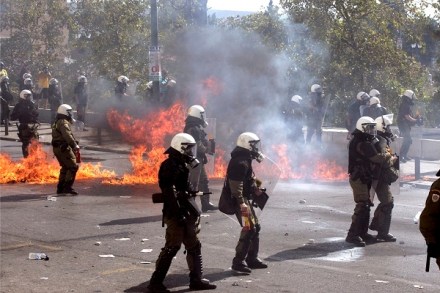The winning streak
Fortunately the author explained how he came to make the choices for this book in his column here (29 September), because otherwise your reviewer might have wasted words in debating the criteria for inclusion. These are the 100 of the top racehorses that Robin Oakley admires the most and which he thinks are particularly popular. I will not argue the merits of what he has included, nor suggest horses which he should have made room for, but I must comment on the way the little histories are presented, and the disappointing errors. Clearly this book is written for aficionados, employing racing jargon without much explanation — ‘jamstick’, ‘a nursery stakes’,
















